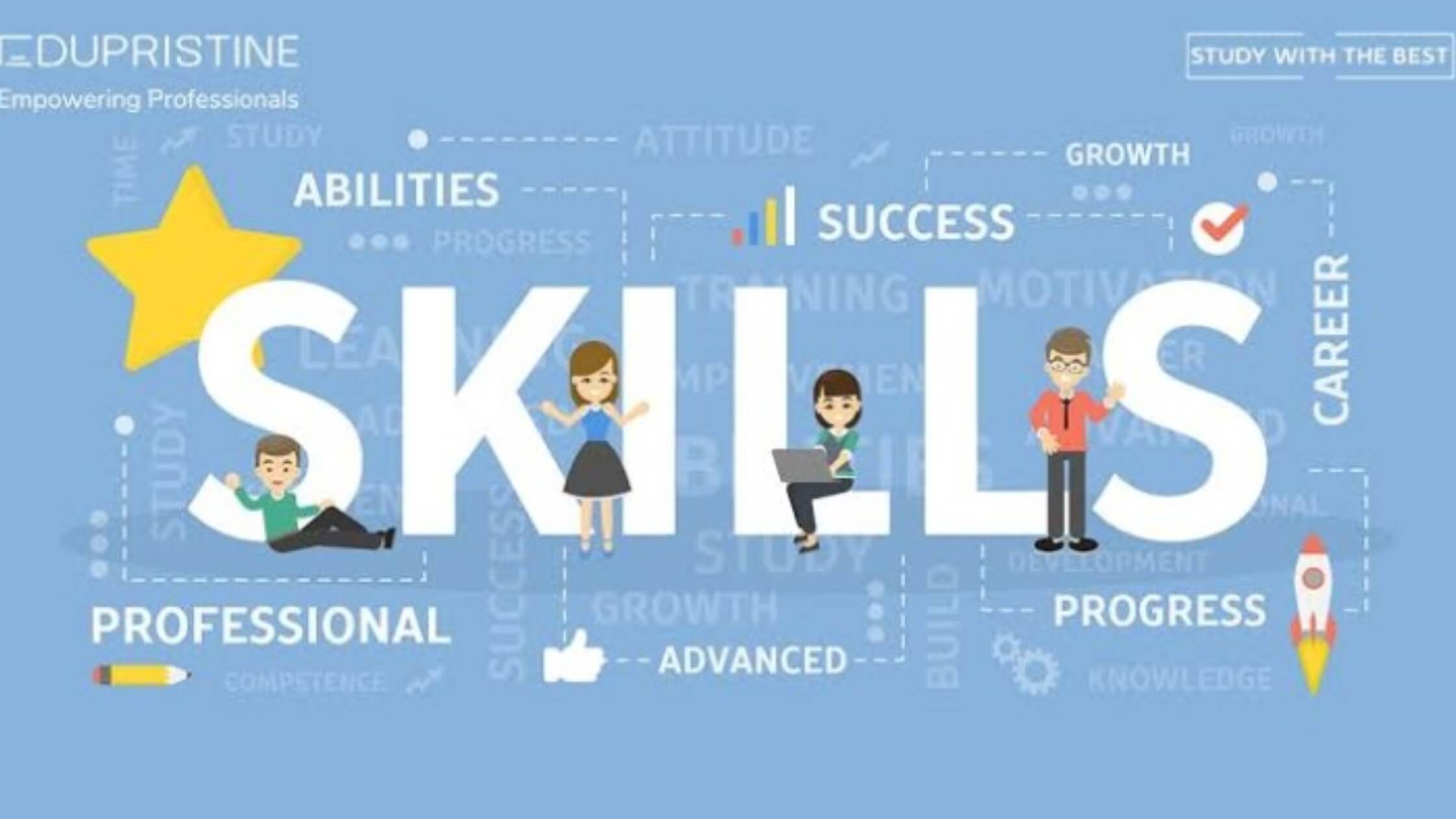There is somewhat a sense of normality post-pandemic; businesses are trying to get back into the swing of things after a traumatic 18 months, and employees are struggling to readjust after being accustomed to the work-from-home lifestyle. The economy itself is trying to figure out where to thrive under this “new” normal and amid all of this, new markets are opening, and new trends are becoming more apparent in the private sector.
Once upon a time, there were the corporate giants and then there were others. The market was populated with corporations who were in competition with just themselves. MTN was the rival to Etisalat (now 9mobile), and Shell was the competition for Total. For jobseekers, the larger the company the better. Everybody wants to work for the multinationals who are the most popular.
Fast forward a few decades, and so much has changed; professionals have leveraged on their exposure gained from working for a multinational, and left these organisations to set-up their own businesses and carve a niche for themselves on the path of entrepreneurship.
These are the organisations who are revolutionising Nigeria across multiple sectors today. They have built innovative products and services that have generated traction from capital venturists , and investors. The success of these new-age brands have the nation on the map for international opportunities and synergy.
Now we have just emerged from a disruptive recession, what does the future hold for the Private Sector?
The future will see large corporations partnering with start-ups and SMEs to rebrand and position themselves on the global map because they both lack something that the other has. The leveraging pillar they both possess can be a force to contend with if they work together.
Larger corporations are leaning on their legacy as trusted brands to survive. Because their brands have been household names in circulation for a long time, their consumer base are those who are creatures of habit, those who believe that, “if it’s not broken then don’t fix it”.
This consumer segment is reducing drastically because more innovative ideas are meeting their needs and one of the many deciding factors that is forcing them to decamp from what they consider “the norm “is being matched by price, efficiency, and versatility. So, as a result, they are struggling to tap into the new consumer demographic.
SME and Start-Ups despite their size, are at an advantage. While legacy brands are struggling to stay afloat, new age brands are aggressively dominating their market share; So in order for them to survive they have to adopt the motto “If you can’t beat them, join them”
For such organisations to thrive, they need to tap into the future of Strategic partnerships which will heavily reliant on digital transformation, the adoption of new technology, and enhancing customer experience to create and sustain new revenue streams; something that SME’s and Start-Ups have already mastered.
Strategic Planning for sustainable growth will also entail forming a strategic alliance with research institutions especially those who are driven by AI, Big Data, robotics, and virtual/augmented reality. These partnerships will help companies stay competitive and will drive innovation in their respective industries, gain insights into emerging technologies, and develop strategies to capitalize on them for brand visibility and data-driven market expansion.
So how will Strategic Partnerships drive innovative Human Capacity Development?
Strategic partnerships will drive innovative Human Capacity Development by bringing together a diverse set of stakeholders to collaborate on solutions to human capacity development challenges. Some of which include shortage of professionals with corporate tech-savvy ability, lack of transferable skills because products and services are becoming extremely niche, and business/market intelligence exposure due to the evolving socio-economic trends.
This will create a new meaning to Learning and Development; It will shift the dynamics from traditional training programmes that focuses on skill enhancement to new-age digital program development that will reflect business trends, data-driven insights and consumer engagement,



